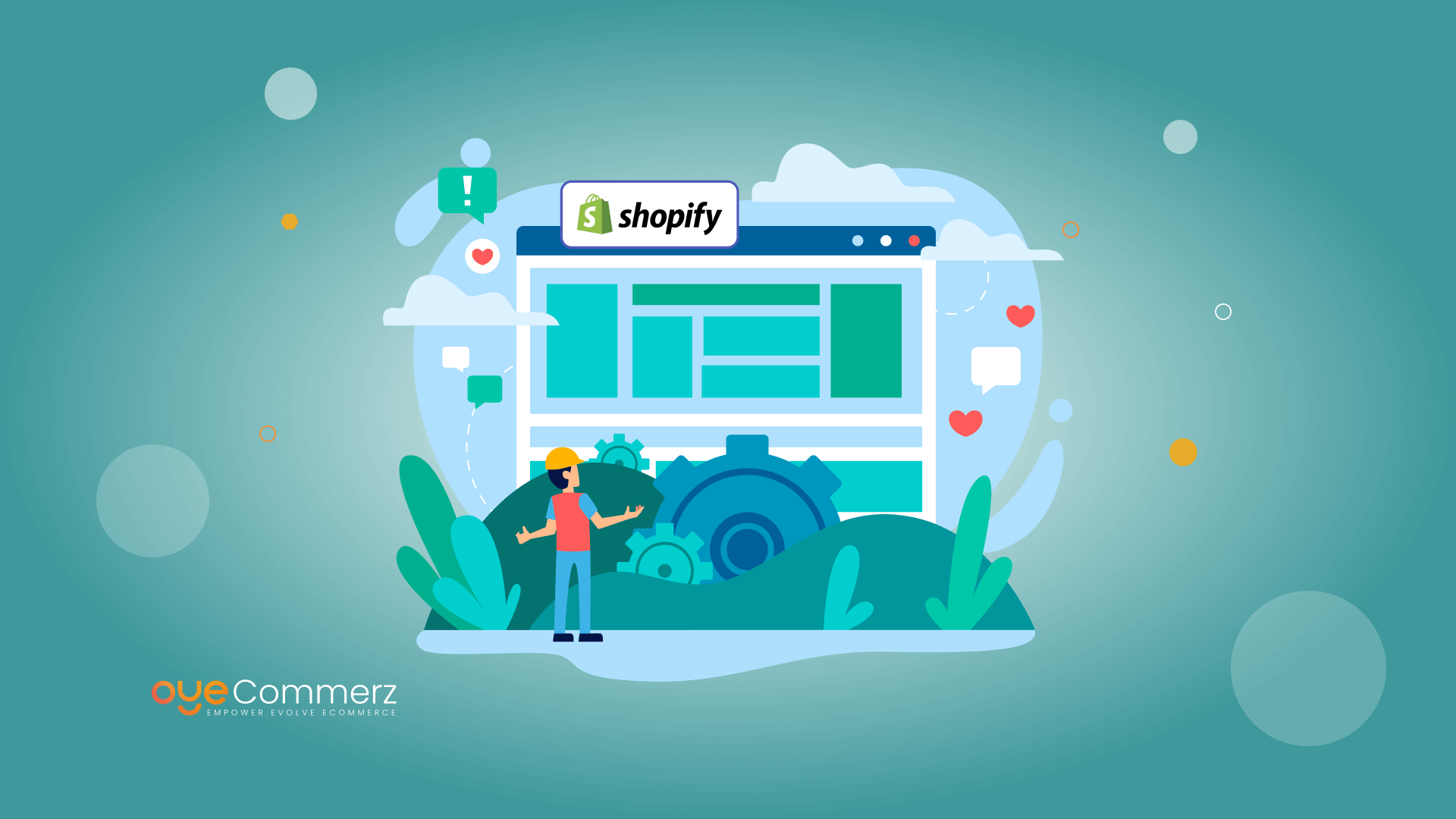Overview
In the current competitive e-commerce environment, standing out is essential, and one of the best ways to set apart a Shopify store is through tailored app creation. A robust Shopify app can boost store capabilities, simplify processes, and boost customer interaction. This guide explores key aspects of Shopify app development, covering API integration and app ecosystem to scaling strategies and promotion methods, offering a roadmap for businesses looking for unmatched store efficiency.
The Importance of Shopify API Integration
Shopify’s API provides powerful tools to customize and expand store functionalities. With the GraphQL and REST API options, developers can retrieve information to build applications that manage inventory management, order processing, and customer information management seamlessly. Using Shopify’s API can enable improved workflow automation and allows stores to assist shoppers more effectively.
Utilizing the Polaris Design System
Shopify’s Polaris is Shopify's design system for designing intuitive and accessible Shopify apps. By adhering to Polaris principles, developers ensure that apps seamlessly integrate within the Shopify Admin experience. This provides a cohesive appearance that resonates with Shopify merchants, promoting ease of use and familiarity for merchants utilizing your custom app.
Navigating the Shopify App Ecosystem
The Shopify app ecosystem provides numerous opportunities for enhancing e-commerce sites. From managing fulfillment processes to increasing customer engagement, apps in this environment are designed to meet various business needs. Learning about this ecosystem helps developers in finding unique app ideas and enables seamless integration of third-party services that enhance the store.
Building Embedded Shopify Apps
Embedded apps work seamlessly within the Shopify Admin, allowing a seamless experience for merchants. They ensure that merchants do not need to leave their Shopify dashboard, streamlining their workflow. Employing Shopify App Bridge and embedded app features is recommended for offering a cohesive, integrated user environment.
Using Node.js and React for Shopify Apps
The technologies Node.js and React have emerged as ideal tools for Shopify app development. Node.js enables efficient back-end services, while React enables Professional Shopify app solutions dynamic, responsive front-end design. Combined, they offer an strong platform for creating speedy, growth-ready Shopify apps that enhance store performance and customer interaction.
Webhooks in Shopify Apps
Webhooks enable instant data updates between Shopify and an outside application. They trigger events such as new orders or stock changes and provide immediate alerts to your app. By utilizing webhooks, apps can deliver real-time insights for store owners, simplifying processes and increasing productivity.
Engaging Customers Through Digital Marketing for Shopify Apps
To make a Shopify app successful, engaging customers is key. Using online marketing techniques like SEO, email marketing, and social media campaigns can drive app adoption. Additionally, creating applications with customer interaction as a focus (e.g., loyalty programs or personalized suggestions) boosts user loyalty and satisfaction.
Scaling Your Shopify App
As e-commerce businesses grow, so do their technology requirements. Ensuring that your app can manage higher usage, larger data sets, and more complex functionalities is essential. By improving server capacity and using scalable technologies, you can develop apps that grow in parallel to a store’s success.
Important Features and Maintenance Tips for Shopify Apps
For an app to be effective, it should offer key capabilities like user login, dashboard analytics, and customer support options. Ongoing app maintenance, with updates to Enhance customer engagement on Shopify fix bugs and compatibility checks with new Shopify features, is important to maintain uninterrupted performance and prevent disruptions to merchant workflows.
Conclusion
Custom Shopify app development offers immense opportunities for e-commerce businesses, providing the chance to enhance performance, simplify operations, and build customer relationships. From integrating APIs to ensuring scalability and customer engagement, creating a Shopify app involves thoughtful preparation and well-planned actions. If you’re ready to elevate your e-commerce experience, a custom Shopify app may be the perfect solution. What capabilities do you see for your ideal app? Share your ideas and take the first step toward an optimized e-commerce journey!
